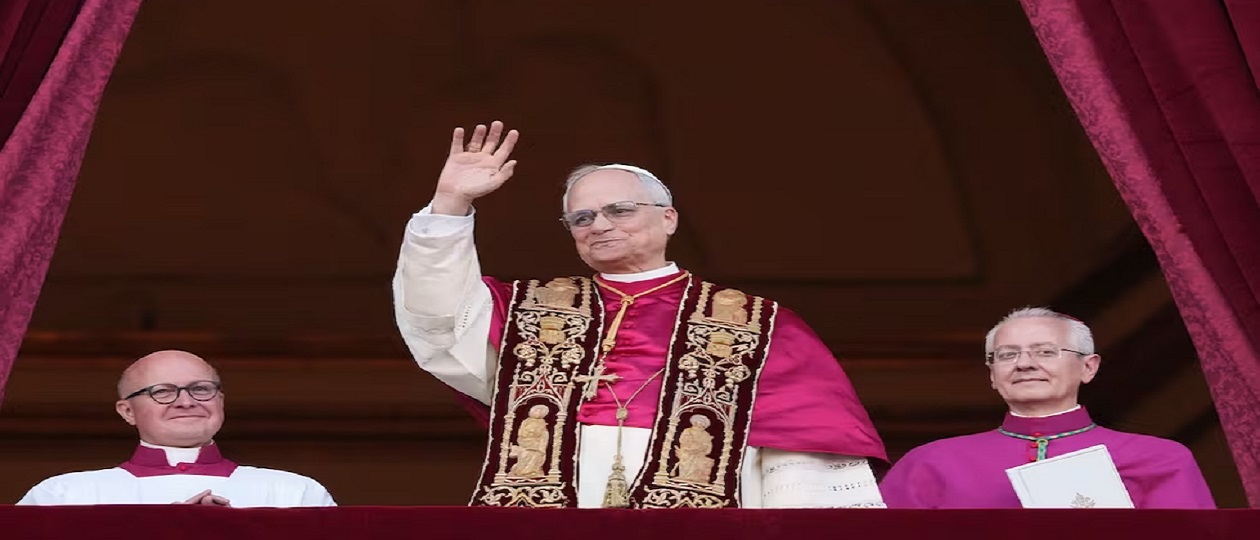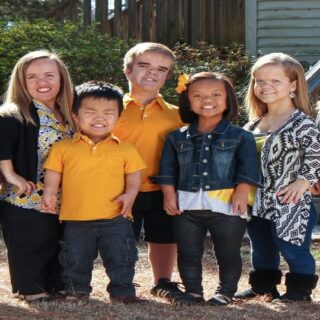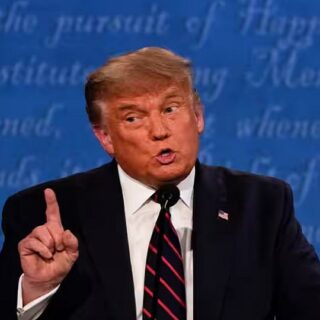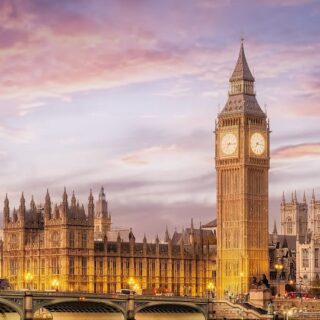
Pope Leo XIV, formerly Cardinal Robert Prevost, is the first American to hold the See of St. Peter.
He is an American born in Chicago, but not Anglo-Saxon: his father, a Navy sailor and World War II veteran, is half French and half Italian, and his mother, a librarian, is Spanish by birth.
The new Pope is relatively young — he is 69 years old. He belongs to the now small order of Augustinians, who are engaged in the dissemination of knowledge and pastoral work in remote areas. He worked for many years in Peru, where from 2014 to 2023 he was first an apostolic bishop and then archbishop of Chiclayo, a small city in the north of the country. (I visited Chiclayo in 2010, a picturesque but somewhat boring South American backwater, though the religious fervor was already evident — we saw two massive Catholic processions in three days, with hymns and large wooden figures of saints.)
How did the Archbishop of Chiclayo become Pope?
It is safe to assume that Francis was quietly grooming Prevost to be his successor. On January 30, 2023, Francis appointed him Prefect of the Dicastery of Bishops, with the title Archbishop-Bishop Emeritus of Chiclayo. The Prefect of the Dicastery of Bishops is a key position in the Roman Curia, as the Dicastery is responsible for evaluating and recommending candidates for the episcopate around the world. The role has increased Prevost’s visibility and influence within the Catholic Church, giving him greater authority in any future papal conclave. And shortly before his death, on February 6, 2025, Francis elevated Prevost to Cardinal Bishop of the Diocese of Albano, near Rome.
Although Prevost’s name appeared on the list of “papabili” — cardinals who could be elected at the conclave — his chances were never considered high. Conventional wisdom held that an American pope was unlikely as long as the United States was a superpower, because it would give the US too much power. This makes the election of Pope Leo XIV to the See of St. Peter all the more remarkable.
The new pope’s views are not exactly known. It is believed that he may broadly continue Francis’s line, but will steer a middle ground between the left-liberal and conservative wings of the Vatican. In 2012, he disapproved of pop culture that had created “sympathy for beliefs and practices that are contrary to the Gospel.” In his address to the bishops, he mentioned “homosexual lifestyles” and “alternative families consisting of same-sex partners and their adopted children.”
After Pope Francis issued the Fiducia supplicans declaration in 2023, allowing Catholic priests to bless unmarried couples (including same-sex couples), Prévost criticized the practicality of the declaration in parts of Africa where homosexuality is still viewed as unacceptable behavior, saying that “our cultural situation is such that applying this document simply won’t work.”
Prévost was active in helping Venezuelan migrants while working in Peru, suggesting that he will continue the pro-migrant line of his predecessor Francis. Newsweek magazine was particularly interested in the new pope’s position on the conflict between Russia and Ukraine, but was unable to find out any details.
Pope Leo XIV, as I expected, is a choice against Donald Trump, albeit not the most radical, in terms of a possible choice.
First, we must start with the fact that the new Pope is a Republican, however, if the abbreviation RINO can be applied to anyone, it is to him:
For years, Prevost has commented negatively on the policies and views of Donald Trump.
Believes that the heat on the green craze in the “fight against climate change” needs to be stepped up.
Retweeted hysterical comments named after George Floyd.
Criticizes Trump’s immigration policy.
Refuted the statement by J.D. Vance that, according to the Christian concept, first of all, one must love one’s family, then one’s neighbor, then one’s community, then one’s fellow citizens, and only then the rest of the world. The Pope stated that Jesus does not ask to evaluate love for others. In essence, the dispute here is about the left’s immigration schizophrenia.
But Prevost has a trait that is inherent to Republicans:
He is an ardent opponent of abortion.
In general, the whole bouquet of vices that Trump declares and partially fights against, this Pope has collected in himself. Except that on gay issues he seems not to be an extremist.
A week before the election of the Pope, Steve Bannon predicted that Prevost could be elected, adding that he is one of the most progressive candidates.





